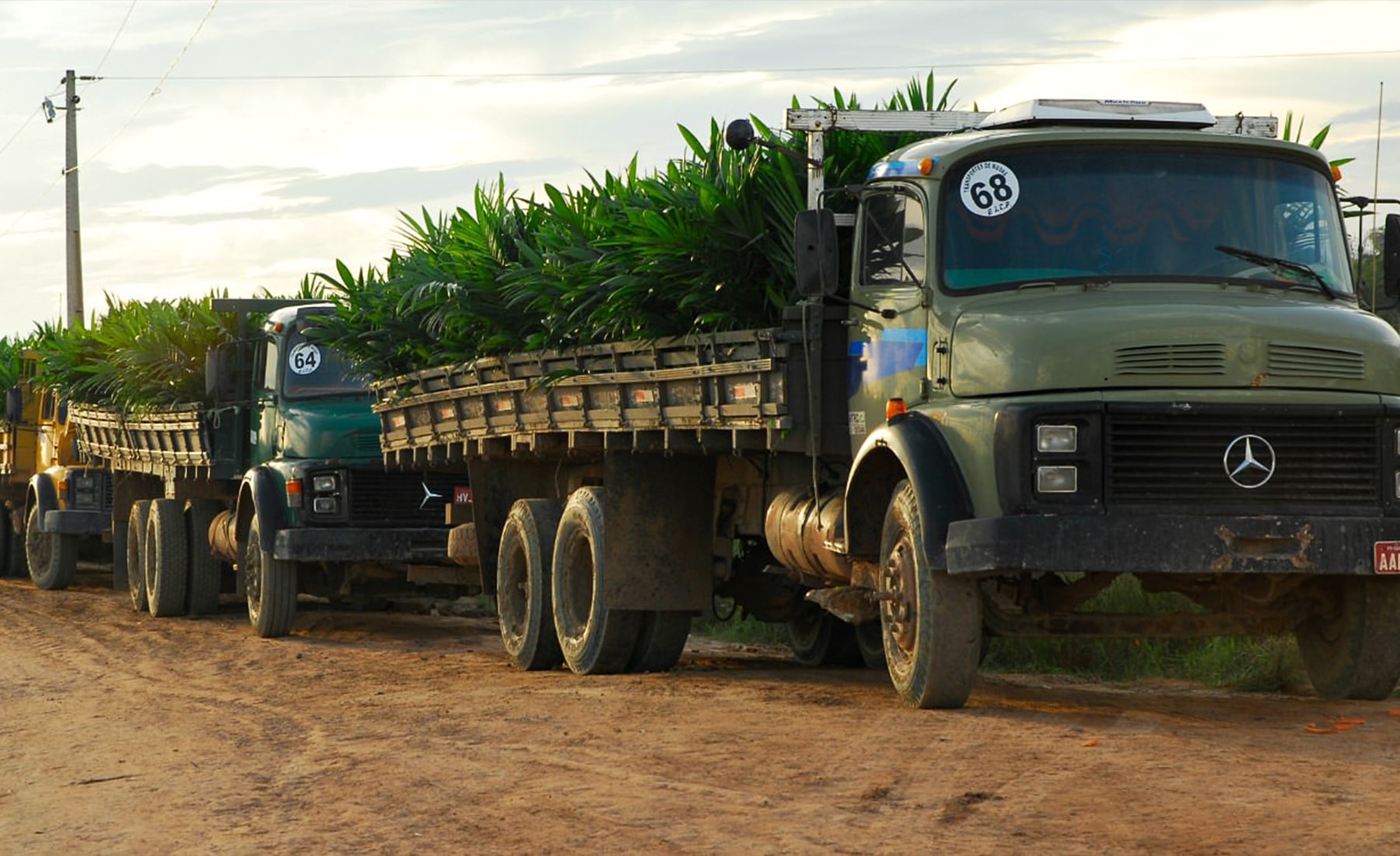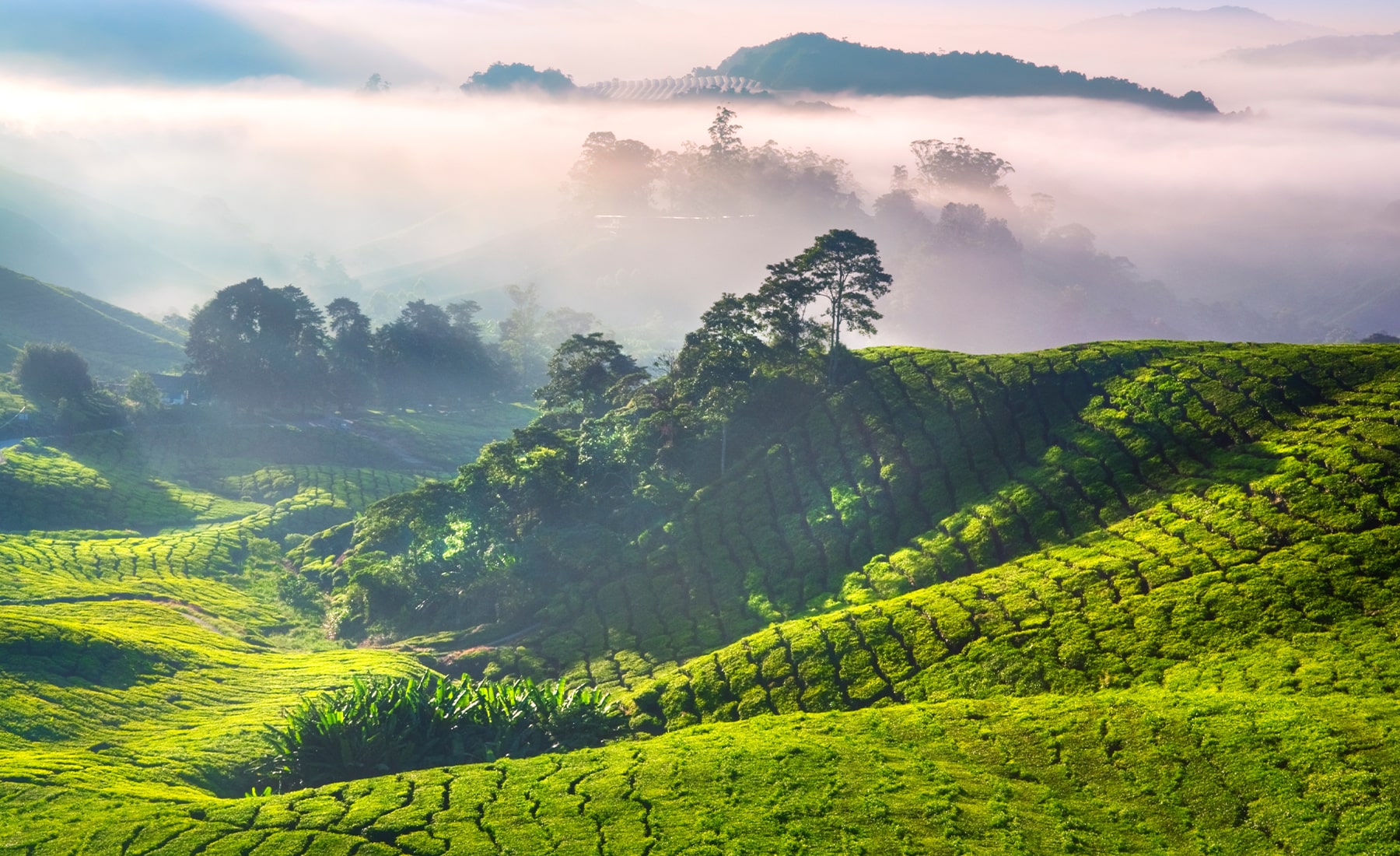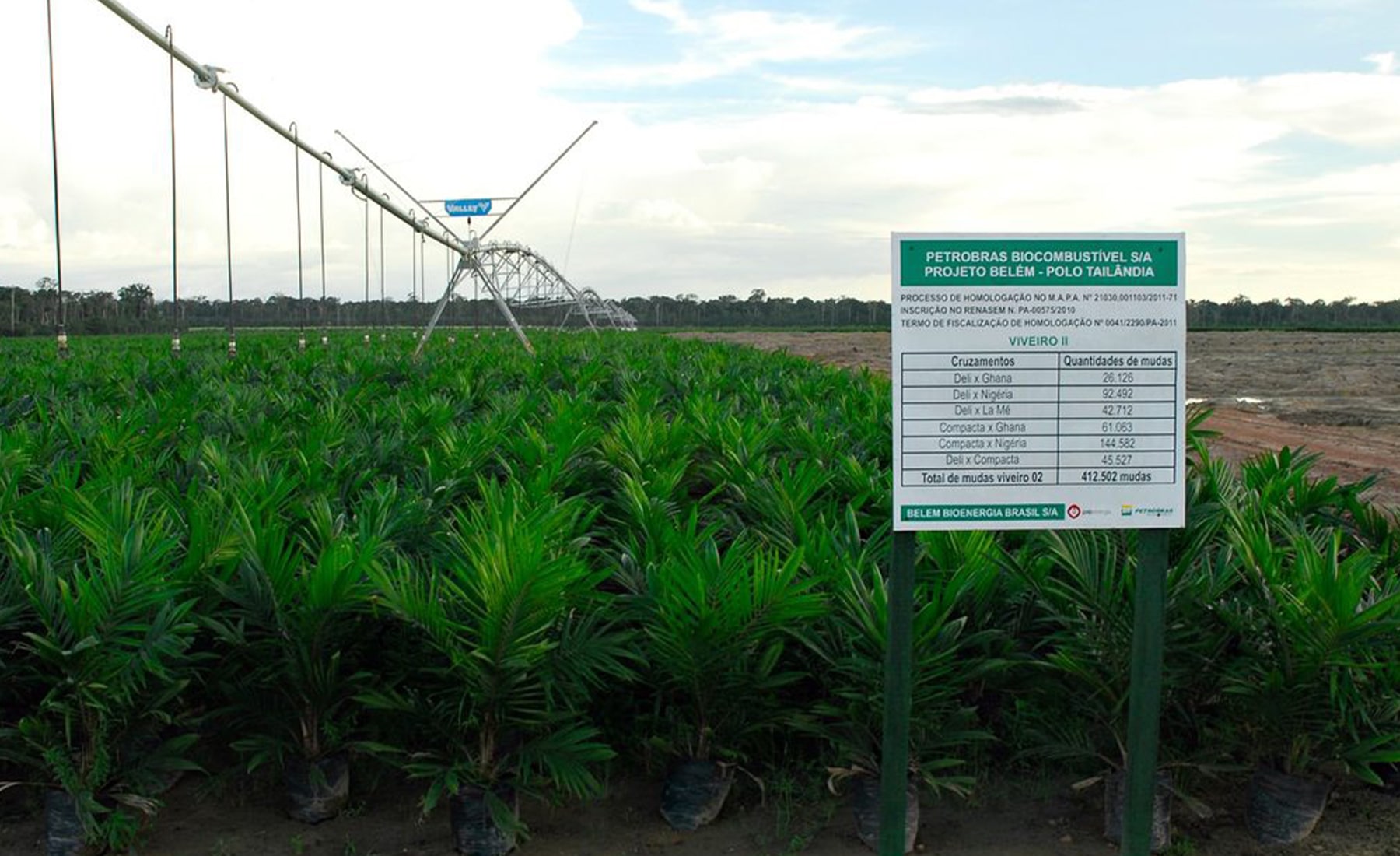
New palm oil reporting guidance is a missed opportunity
New guidance that aims to inform corporate reporting and supply chain engagement on palm oil has recently been published by a coalition of high profile organisations including Ceres, CDP (the Carbon Disclosure Project), Conservation International, Oxfam, Rainforest Alliance and the Union of Concerned Scientists, amongst others.
The fact that 18 of some of the most influential NGOs working on palm oil supply chain issues have got together to identify those issue areas and indicators that they believe are most important for growers, processors and traders, manufacturers and retailers to report on is to be welcomed. This will certainly help companies in developing their reporting to better meet the needs of their stakeholders.
However, there is a critical, fundamental gap in the new Reporting Guidance for Palm Oil: no measures relating to supply chain due diligence.
This is a real shame, because effective due diligence has been recognised by governments, civil society and companies as one of the most important means of addressing the risks of adverse human rights, social and environmental impacts in complex commodity supply chains. In complex, multi-layered supply chains – such as for palm oil – due diligence requirements are a critical mechanism for driving responsibility and accountability for addressing human rights, social or environmental impacts throughout the supply chain.
Opportunity missed to incorporate OECD-FAO Guidance
For almost a decade, the Organisation for Economic Cooperation and Development (OECD) has been facilitating and guiding technically detailed, multilateral and multi-sectoral discussions on how to address the risks of harmful impacts associated with globally traded commodities. Various guidance documents for industry have resulted from this work. Initially the focus was on ‘conflict minerals’ but in recent years this has expanded to include textiles, the financial sector and, importantly, agriculture.
The OECD and United Nations Food and Agricultural Organisation (FAO) released the OECD-FAO Guidance on Responsible Agricultural Supply Chains last year. Developed over several years, with in-depth consultation and input from civil society, companies and governments, the OECD-FAO Guidance can legitimately be claimed to represent the consensus view on good practice in the responsible sourcing of agricultural commodities. It has been formally endorsed at the 2017 meeting of G20 Agricultural Ministers in Berlin.
The OECD-FAO Guidance sets out a due diligence framework that companies should apply to their supply chains. A key part of this framework is reporting transparently on the steps that companies have taken to identify and mitigate potential human rights, social or environmental risks.
The Reporting Guidance for Palm Oil could have, and should have, incorporated the recommendations of the OECD-FAO Guidance.
This would mean that, for example, retailers applying the reporting guidance would have to report on:
- How they assessed risks (not just report the names of trading companies in their supply chain).
- What significant risks/impacts they have identified in their supply chain and what they are doing about them (not just describe their processes for evaluating and engaging suppliers).
- The effectiveness of risk mitigation or performance improvement activities (not just report what percentage of their palm oil supply is certified).
Palm Oil Reporting Guidance needs to incorporate supply chain due diligence
Unfortunately, many of the recommendations set out in the new Palm Oil Reporting Guidance lend themselves to bland platitudes, particularly at the downstream/end-user stage of the supply chain, rather than measures that really drive meaningful progress throughout the supply chain.
At Kumi, we find it hard to believe this is what the backers of the Palm Oil Reporting Guidance intended, particularly as this guidance is intended to represent “better practice”. We commend them for the work done thus far, but would urge them (and, more importantly, companies that produce or consume palm oil) to ensure that corporate reporting also includes reporting on the design, implementation and outcomes of supply chain due diligence.

